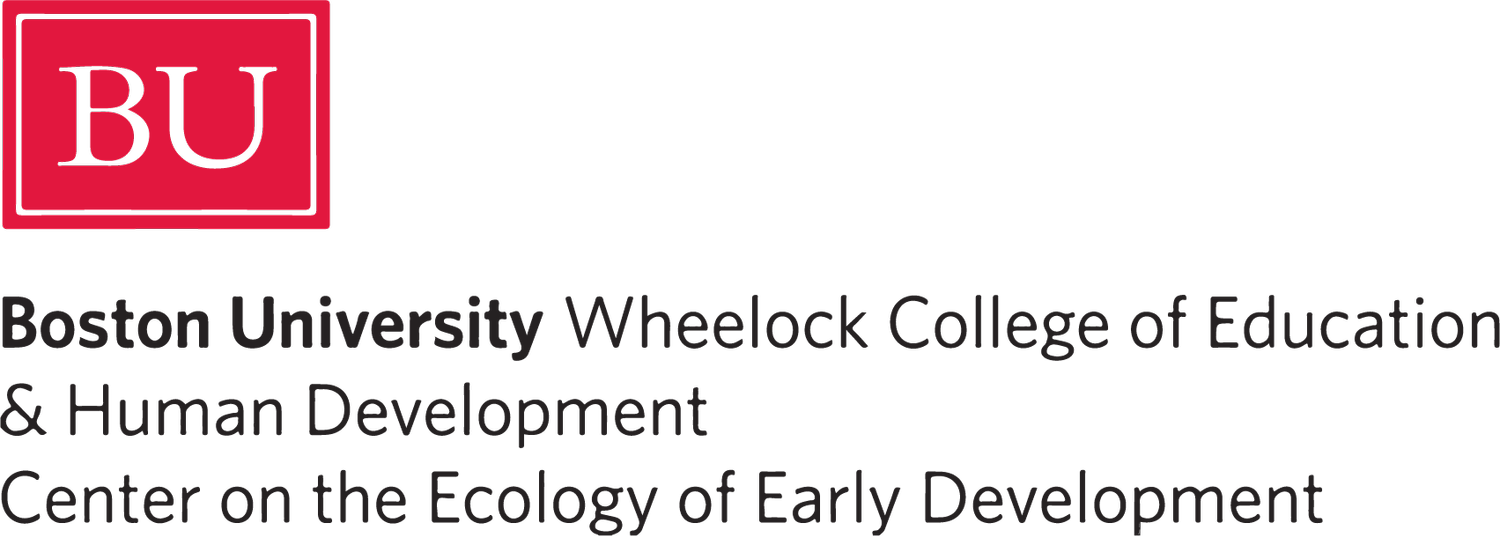Center on the Ecology of Early Development
Boston University Wheelock School of Education and Human Development's
Planting seeds of racial justice and equity for children in Boston and beyond.
At the BU Center on the Ecology of Early Development (CEED), we believe in the tenacious and resilient spirit of Black children and their families. Our research serves to empower families and community members caring for Black children to advocate for the rights of their children.
Our Approach
-

Conducting Research
We conduct applied research using a strengths-based equity impact framework that examines young children’s positive growth and development within health, education, and community settings.
-

Disseminating Research
We disseminate applied research that can be used in the design of policies, programs, and systemic practices that foster the healthy development and academic success of racially and ethnically diverse learners.
-

Mentorship and Leadership
We offer leadership opportunities grounded in culturally relevant, healing-focused coaching and training to a diverse group of scientists, practitioners, and teachers.
Our Core Beliefs
Eight foundational pillars that motivate and inspire all that we do:
1) Black children and families are tenacious and embody a remarkable spirit of resilience.
2) Black children thrive in diverse communities across the African Diaspora and are distinct in terms of nationality, nativity, ethnicity, and linguistic traditions.
3) Black children are entitled to free public education that acknowledges their heritage and prepares them to thrive as learners and citizens.
4) Black children deserve to live and learn in healthy environments free from pollution, violence, and danger.
5) Black children deserve healthcare delivered with dignity and respect that fosters wellness, positive physical growth, and emotional development.
6) Knowledge on Black children must center on their holistic wellbeing and pinpoint their strengths, needs, and various identities.
7) Black children benefit from caregivers and teachers who embrace cultural diversity, who value their unique heritage, and who are prepared to educate there with a focus on equity and racial justice.
8) Family and community members caring for Black children must be empowered to advocate for the rights and benefits of their children.




